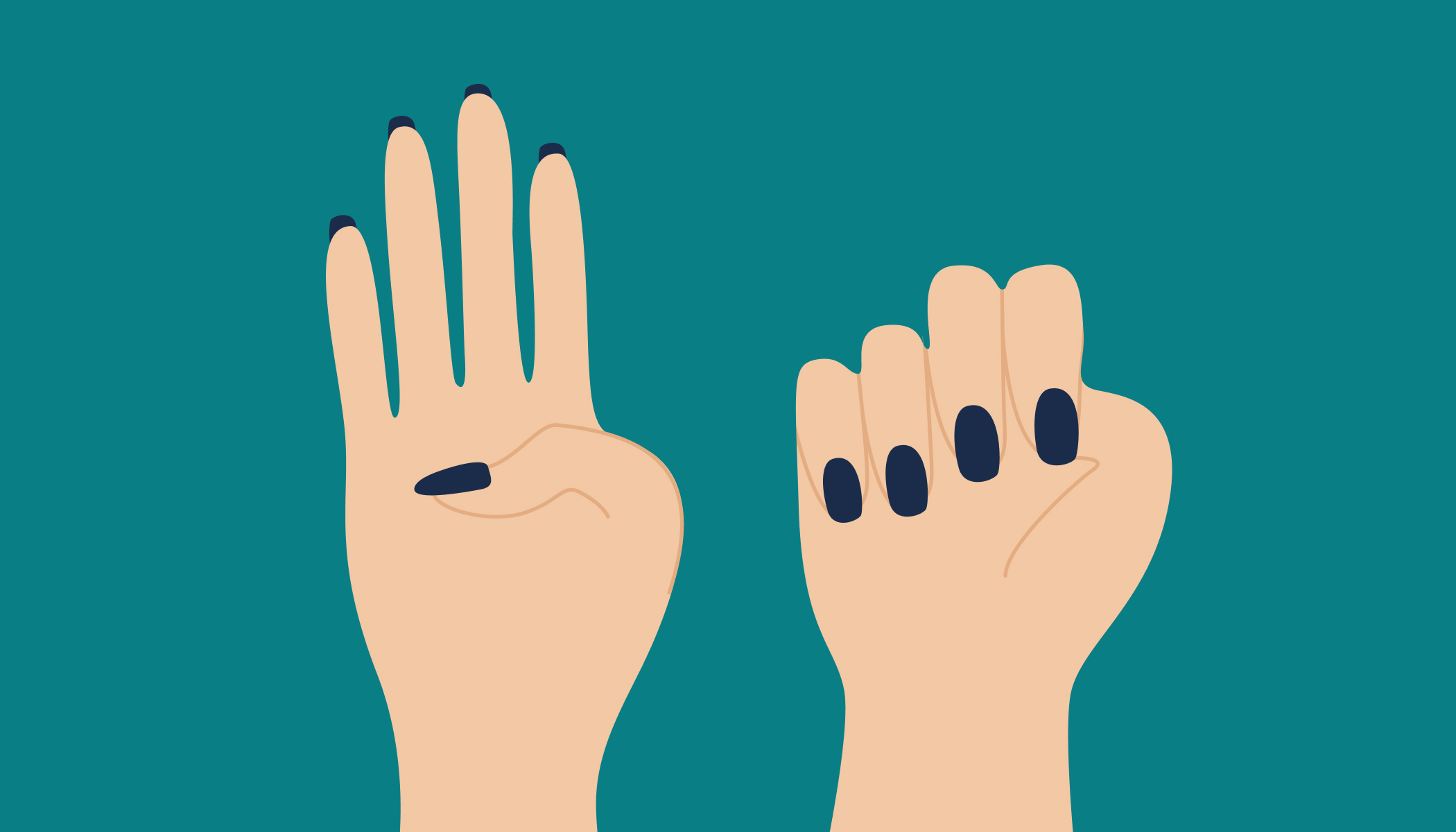Attention-Deficit Hyperactivity Disorder (ADHD) is thought to affect between 3 and 5% of school-age children in the UK. Boys are more likely to be diagnosed with ADHD than girls, and people are usually diagnosed between the ages of 6 and 12. But it can affect adults just as much, although the symptoms aren’t always as clear.
If you struggle with feeling restless, fidgetty, and can’t stay focused when you need to, it’s not necessarily your fault – it could be adult ADHD. Getting medical advice can help you understand more about the condition, and what your symptoms might mean.
Five adult ADHD symptoms to be aware of
The signs of ADHD can vary from one person to another, but the classic symptoms include:
1. A short attention span
ADHD inattention is the ‘attention-deficit’ part of the condition. It means someone is easily distracted and finds it hard to concentrate. This may be worse in certain situations – most people with adult ADHD find it naturally hard to stay focused on tasks they find difficult or boring, preferring exciting or fast-moving activities.
2. Hyperactivity
Hyperactivity in adults is often shown through being very fidgety and unable to sit still, especially where it causes problems in school or work situations. Hyperactive people may find it difficult to wait their turn, often interrupting in conversations, and can be very impulsive, even to the point where it can get them into dangerous situations.
3. Mood swings
Adults with ADHD often have trouble with mood swings and irritability – it’s easy to get frustrated when you’re finding it difficult to focus.
4. Difficulty organising your life
ADHD inattention makes it difficult to organise your day and keep on top of things, whether you’re at home or at work. You might also seem quite forgetful, losing keys and missing appointments!
5. Extreme impulsiveness
People with ADHD sometimes seem to have a lack of awareness of the dangers of certain situations – adult ADHD is often a cause of dangerous driving, and with taking serious financial or physical risks.
ADHD is closely linked with some mental health conditions, particularly depression, bipolar disorder, and obsessive-compulsive disorder. This is probably because adults with ADHD can have different patterns of thought that make them more likely to also have one of these conditions. It might also be partly because life with ADHD – particularly before a diagnosis – can cause strain. The condition can affect lots of aspects of a person’s life, including how much they feel they’ve achieved their potential.
What’s different about ADHD in women?
Girls and boys, women and men, often have differing patterns of ADHD – the reasons for this are not completely clear and are likely to be complex, with unconscious coping mechanisms matching people’s expectations of normal behaviour for each person. Broadly, a man with ADHD may show more of the hyperactive signs, where women with ADHD may struggle more with attention deficit.
The signs of ADHD in women may be less obvious to an onlooker, which can mean women find it harder to get a diagnosis. This might partly explain why there are so many more men than women with a proper diagnosis, though genetic factors also affect a person’s likelihood of developing ADHD. Some things which make it harder to get a diagnosis might include the coping strategies they’ve developed, and their own and other people’s ideas.
I think I have adult ADHD – should I see a doctor?
Adults with ADHD have often learned coping mechanisms and strategies, so the signs of ADHD can be even more varied, and sometimes quite subtle, in adults. But although ADHD is thought of as a condition affecting young people at school, people who are diagnosed later in life can find that having the diagnosis helps them better understand and manage behaviours and feelings they’ve found troublesome in the past. A GP will need to know what adult ADHD signs and symptoms you’re worried about, so it can be useful to keep a diary or make a list of symptoms to talk to the doctor about.
Being aware of the symptoms can help you work out how long you might have had them, which can help a doctor understand the effect the symptoms are having on your life.
Some ADHD symptoms could also point to some other conditions to do with behaviour and mental health, so consulting a GP is really important. Make sure you’re properly assessed as different conditions might need different treatments or management plans.
ADHD can have a huge effect on a person’s home, school, and work life, so if you’ve got any concerns you should see a GP as soon as you can. Having the right diagnosis can help you get treatment and support which can make all the difference if you and your family are living with ADHD.



